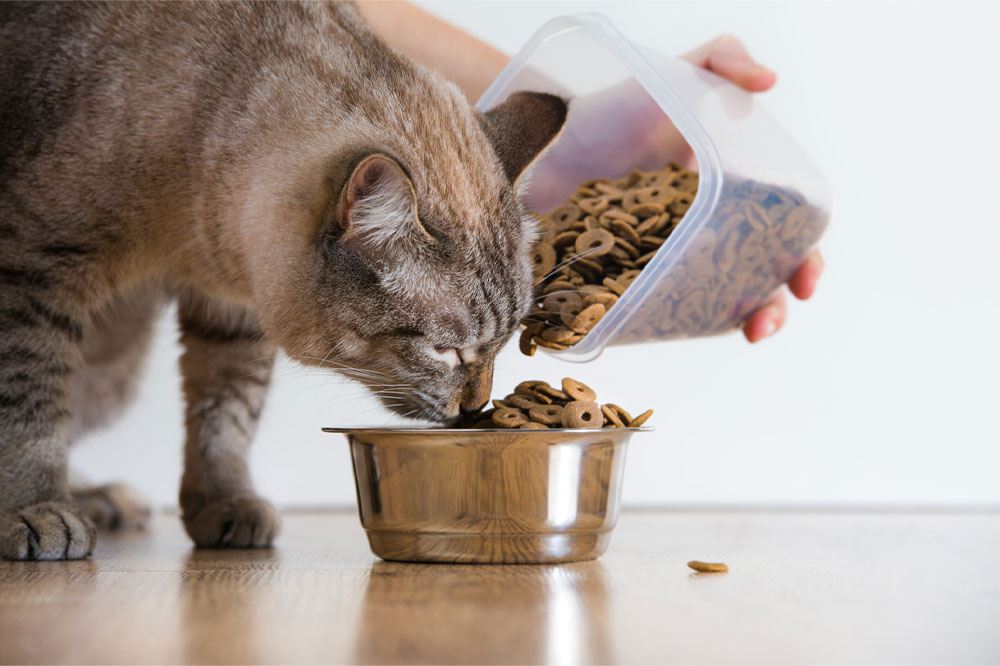
5 Essential Nutrients to Look for in Cat Treats
Every cat deserves a treat once in a while. But just because it’s a treat, it doesn’t have to be less healthy. If you want your cat to live a long and healthy life, it’s important to start giving them healthy treats. However, with so many products out there, it can be challenging to find out what’s right for your cat.
Look for these essential nutrients in cat treats:
1. Animal protein
All felines are obligate carnivores. That means they have to consume a large amount of animal-based protein to meet their body’s nutritional needs. Whether it’s cat food or treats, animal protein must be the primary ingredient in anything your cat consumes. They require protein to keep all their tissues and organs, including the heart, cartilage, hair, skin, and blood, functioning optimally. A complete and balanced cat treat is one that contains animal proteins from meats derived from turkey, lamb, chicken, beef, salmon, or tuna.
2. Fats
Animal fats are another crucial ingredient in healthy cat treats. Felines derive energy mainly from animal fats. Also, they need fats to maintain body temperature and absorb essential vitamins such as vitamin A, D, E, and K. In general, the term “good fats” denotes fats naturally present in meat and fish, along with omega-3 and omega-6 essential fatty acids. Experts recommend buying cat treats that contain high levels of both protein and good fats.
3. Carbohydrates
Many people don’t consider carbohydrates as an essential nutrient in cat foods or treats. But experts say they have an important role to play in a cat’s body. Carbs provide your cat with ample energy to fuel their normal daily activities. So, energy is the main reason why cat treats must have carbohydrates. Besides, it’s hard to find cat foods, especially dry foods, without carbohydrates, since carbs help hold the other ingredients together. It’s best to look for carbohydrates sources most cats aren’t allergic to, such as green peas, sweet potatoes, or potato starch.
4. Taurine
Taurine is a type of amino acid. A feline body only produces little taurine, which isn’t sufficient for their optimal health. Research has linked the lack of taurine in cats to problems like retinal degeneration, heart-related issues. Fortunately, many healthy cat foods and treats feature high levels of taurine. So, make sure to select a product that contains this nutrient.
5. Certain vitamins and minerals
Like humans, cats need vitamins and minerals for overall well-being. Certain vitamins can strengthen their immune system, improve eyesight, support bones and muscles, enhanced metabolism, and more. These include vitamins such as A, D, B1 (Thiamine), B2 (Riboflavin), B3 (Niacin), and B6 (Pyridoxine). Minerals, on the other hand, play a role in enzyme formation, oxygen transportation, pH balance, and more. Some vital minerals include iron, calcium, magnesium, sodium, and chloride.
Keep in mind that felines have different digestive systems than humans. If you change their food suddenly, they may likely develop an upset stomach. So, it’s advisable to introduce them to new foods gradually over a week or two.
